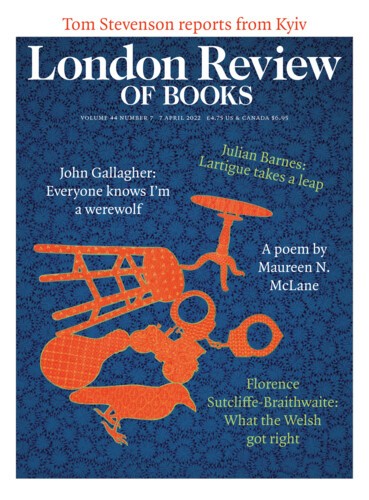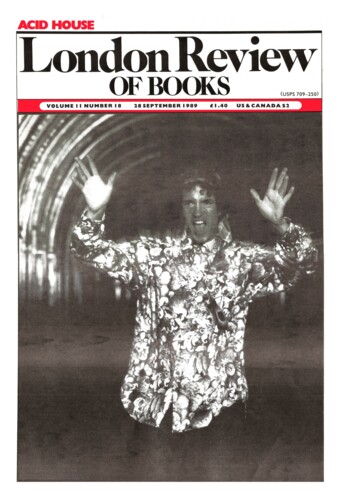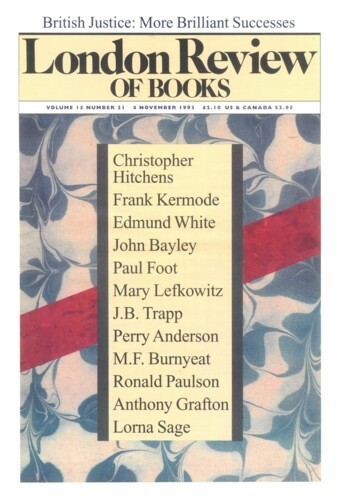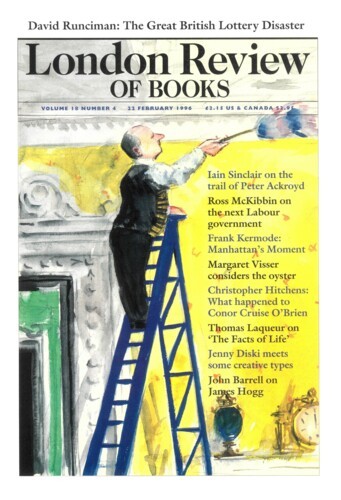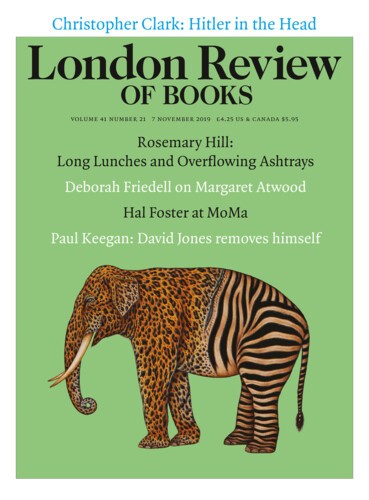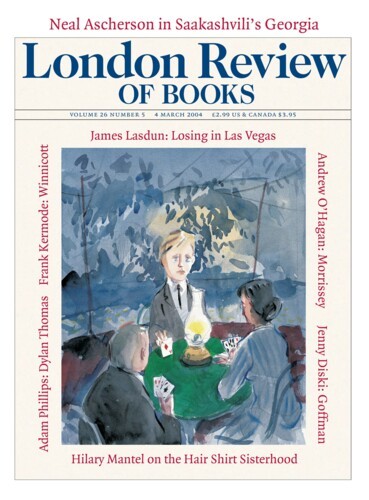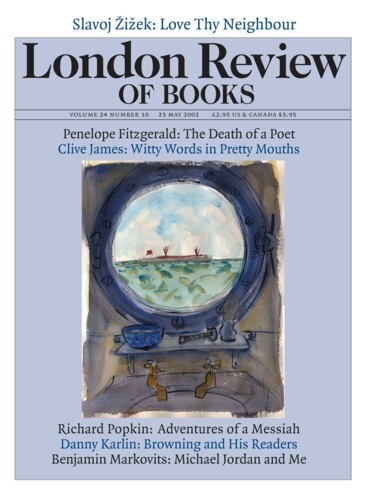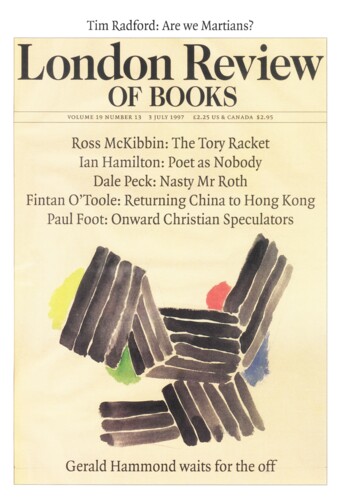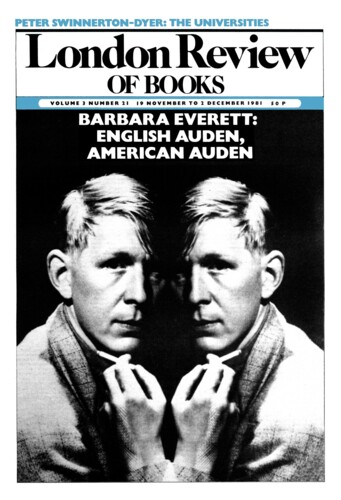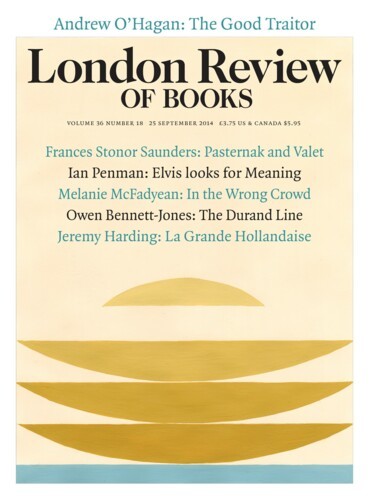Bring out the lemonade: What the Welsh got right
Florence Sutcliffe-Braithwaite, 7 April 2022
Who’s to say that one version of Welsh nationalism is more ‘true’ than any other? The claim that ‘Wales is a nation’ isn’t a descriptive statement: it is – or aspires to be – an illocutionary act. Nations are all imagined communities, in Benedict Anderson’s phrase, and they can be imagined in different ways. The question is how many people can be persuaded to imagine the community in the same way.
